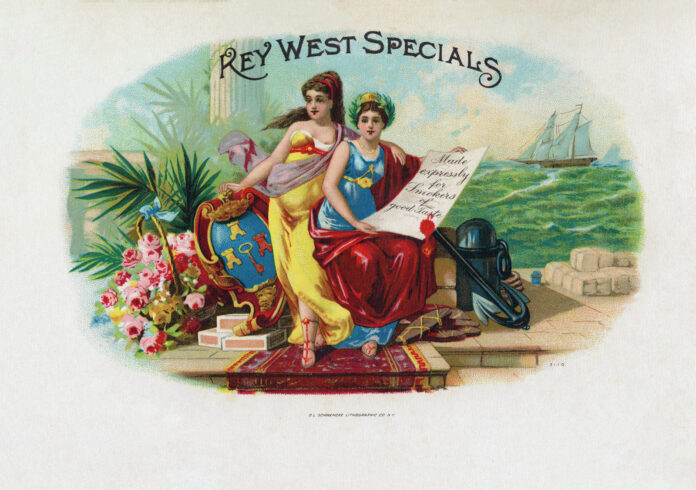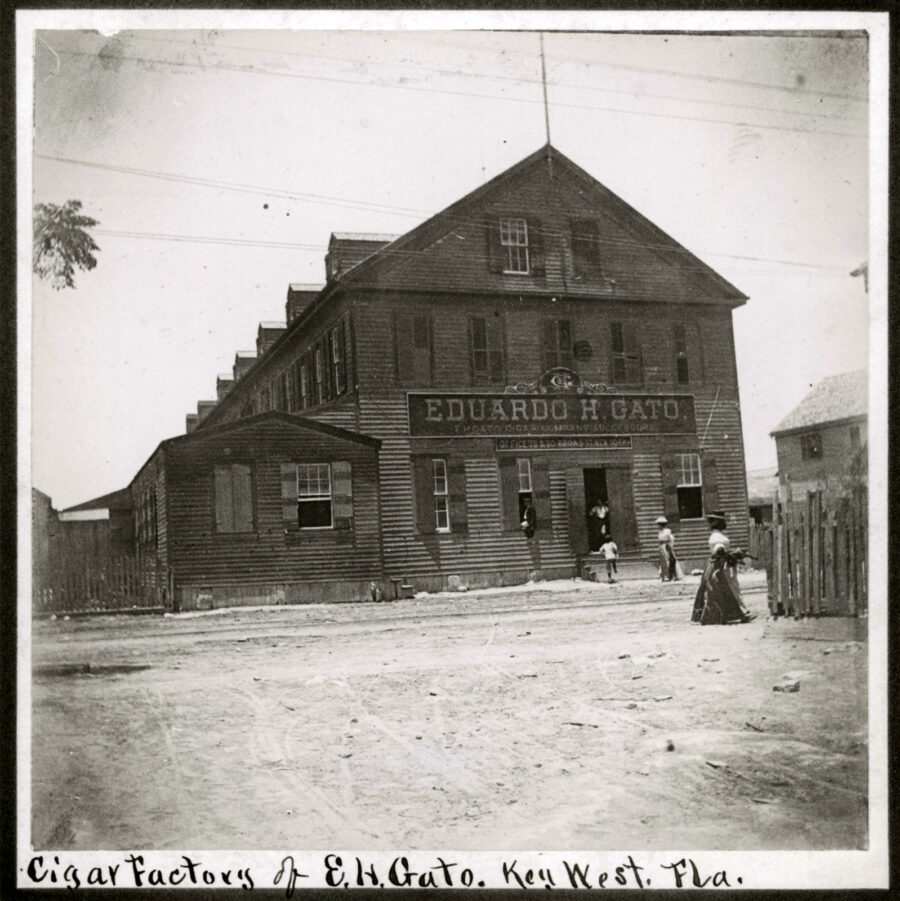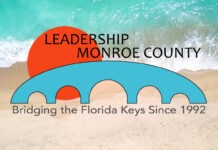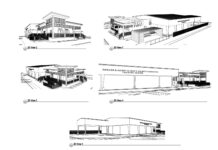
Raise a toast to Florida Keys art and history with Key West Art & Historical Society curator and historian Cori Convertito on Thursday, Sept. 14, from 5 to 6 p.m. during her popular “Happy Hour with the Historian” program at Comedy Key West, 218 Whitehead St .
Enjoy a complimentary draft beer, glass of house wine or a soft drink while Convertito discusses “Clear Havanas: Key West’s Cigar Industry,” and details the once-burgeoning industry that was the economic backbone for the island.
The early 19th century witnessed the dawn of the Industrial Revolution, a time of dramatic economic change when small cottage industries were replaced with large-scale factory production. On the heels of the Industrial Revolution, Cuba’s cigar making industry blossomed. With Cuba’s cigar economy booming, people sought opportunities outside the country looking to make financial gains. Key West’s proximity to Cuba and its tobacco plantations, a mere 90 miles away, was the ideal place to establish cigar factories. Cuban immigrants arrived by the thousands to seek employment in Key West’s expanding cigar industry.
“By 1876, Key West’s 29 cigar factories were producing a staggering 62 million cigars annually,” said Convertito. “With a population of more than 18,000 people in 1890, Key West became the largest and wealthiest city in the state of Florida and one of the most influential in the nation. That year, more than 100 million cigars were handmade in Key West. Aside from the warm, humid climate, ideal for maintaining a pliable tobacco leaf, factory owners were able to lure immigrants with affordable housing, a neighborhood environment and gainful employment in the cigar trade.”

Despite the financial success of the cigar industry on the island, the inescapable progression to the unionization of workers and opposition from factory owners eventually drove many of the largest cigar makers to Tampa. The industry began manufacturing machine-made cigars that could be sold for a nickel; then the Great Depression hit in the 1930s. The expensive Cuban cigar simply could not compete. The heyday of the island’s cigar making was over, although the legacy and cultural impact of the cigar industry and its workers remains a vibrant part of modern Key West.Happy Hour with the Historian is limited to 70 attendees; reserve your spot now at kwahs.org/hh-cigars. The cost is $12 for KWAHS members and $15 for non-members.

















